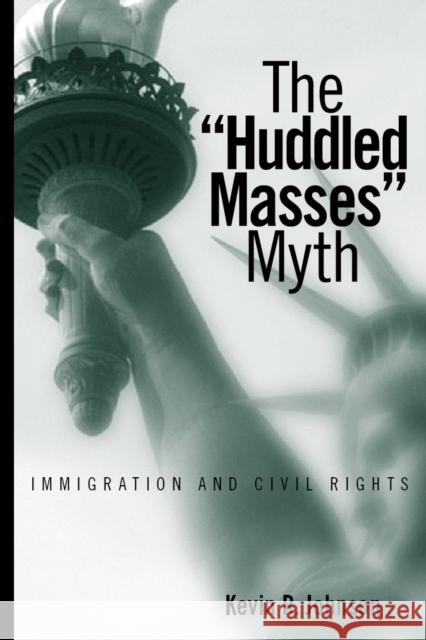The "Huddled Masses" Myth: Immigration and Civil Rights » książka
The "Huddled Masses" Myth: Immigration and Civil Rights
ISBN-13: 9781592132065 / Angielski / Miękka / 2003 / 264 str.
Despite rhetoric that suggests that the United States opens its doors to virtually anyone who wants to go there, immigration has been restricted since the nation began. Kevin R. Johnson argues that immigration policy reflects the social hierarchy that prevails in American society as a whole and that immigration reform is intertwined with the struggle for civil rights. disabilities, the poor, political dissidents and other disfavoured groups; the text shows how bias shapes the law. In the 19th century, for example, virulent anti-Asian bias excluded would-be immigrants from China and severely restricted those from Japan. In our time, people fleeing persecution and poverty in Haiti generally have been treated much differently from those fleeing Cuba. Johnson further argues that although domestic minorities (whether citizens or lawful immigrants) enjoy legal protections and might even be courted by politicians, they are regarded as subordinate groups and suffer discrimination. This publication has particular resonance today as the public debates the uncertain status of immigrants from Arab countries and of the Muslim faith.











